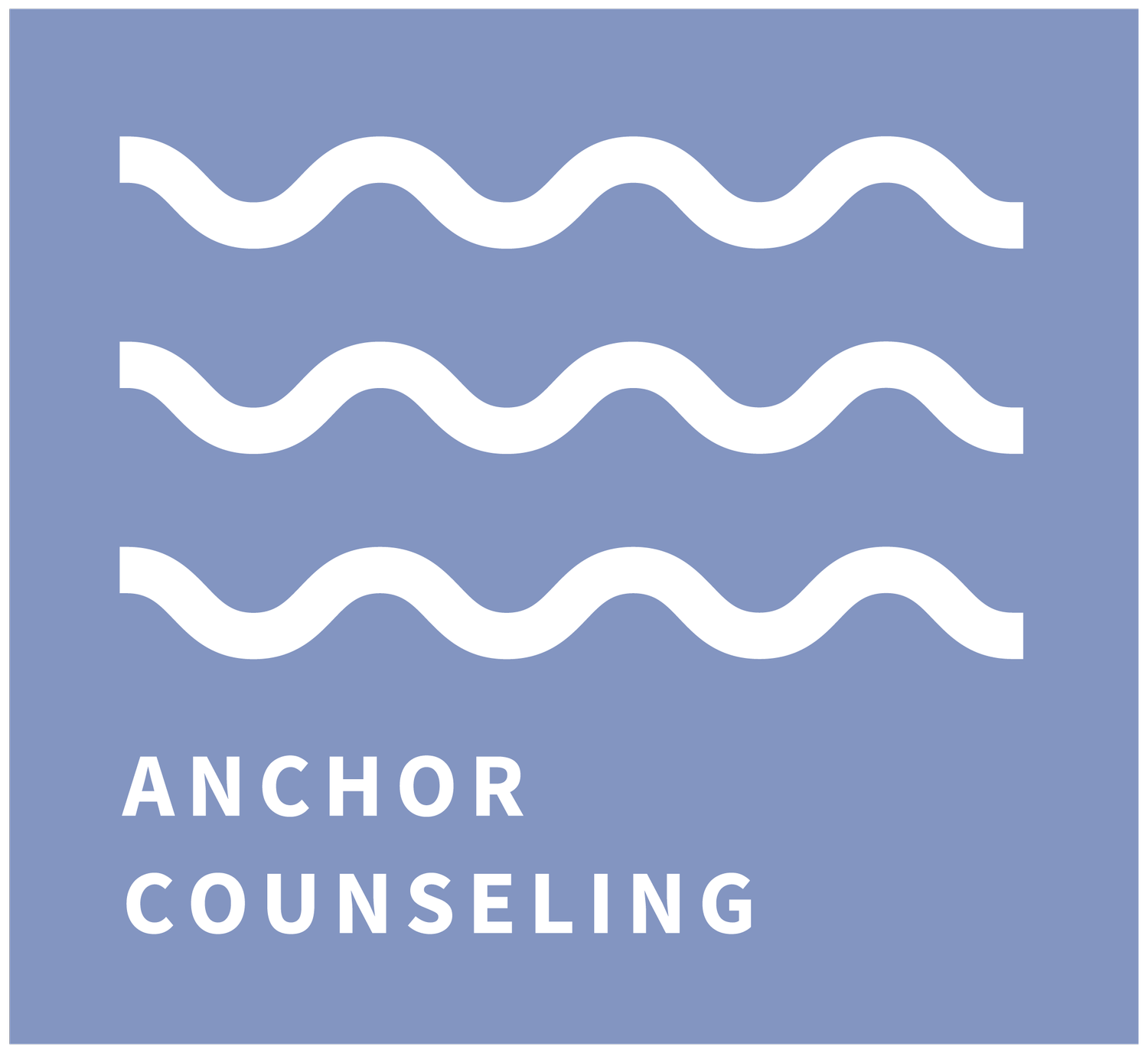How to Choose What Therapy Modality Is Best for You
It can sometimes be tricky to figure out what type of therapy is right for you.
There are many different ways to provide therapy. These different approaches, known as therapy modalities, guide the therapeutic process. However, for non-therapists, different modalities can be confusing to understand. How can you pick the right one to help with your issue?
While choosing the right therapy approach does take a bit of research, it can be a useful step in finding a therapist that’s a good fit. If you do your research beforehand, you can have an idea of what types of approaches may be used in treatment so you can make an informed decision.
Are you unsure what therapy modality is best for you? Here are some things to consider as you choose:
Get clear on what’s bringing you to therapy
The most important part of choosing a therapy modality is understanding what you hope to get out of therapy. If your goal is to find ways to manage anxiety or phobias, it might be helpful for you to find a therapist who uses Cognitive Behavioral Therapy or Exposure and Response Prevention Therapy. On the other hand, if your goal is to improve your romantic relationship, you might find a couples therapist who uses Emotionally Focused Couples Therapy.
Take some time to think about your goals for therapy. Think about what isn’t working, or what’s causing you distress, and use that information to guide your search.
Learn the pros and cons of different therapy modalities
New treatment modalities have developed for as long as psychology has been a field, so there are many different types, and it might be intimidating to explore them all. Look up some guides to different therapy approaches, like this one from Anchor Counseling NY, so you can get an overview of what each approach looks like, and some of the issues that each can help with. Here are some modalities to research to get you started:
Acceptance and Commitment Therapy (ACT)
Emotionally Focused Therapy (EFT)
Cognitive Behavioral Therapy (CBT)
Dialectical Behavioral Therapy (DBT)
Eye Movement Desensitization and Reprocessing (EMDR)
Exposure and Response Prevention (ERP)
Internal Family Systems (IFS)
Person Centered Therapy
Humanistic Therapy
Psychodynamic Therapy
Explore therapists in your area and learn what modalities they use
Part of a successful therapy experience is based on the strength of the therapist-client relationship. If you like your therapist, you’re more likely to do well in therapy. For this reason, it’s important to do your research and see who you connect with. Try using therapist directories and their search filters to find a therapist that’s a good fit.
Some directories are more general, like Psychology Today, while others are focused on therapists with specific specialties or identities. For example, if you’re looking for a therapist that values inclusivity and supporting people with different identities, Inclusive Therapists might be a helpful place to search.
Take your insurance coverage, budget, and location into consideration
There are other considerations to take into account when choosing a therapy modality. Sometimes there are limitations from insurance coverage, where your insurance company won’t cover the type of treatment you’re looking for. Other times, your budget might not work for your preferred modality, or you’re in a state where there aren’t many providers with that specialty.
These factors are often out of your control, but can make a big impact on what kind of therapy you’re able to access. If you’re trying to find a therapist using your insurance, it may be helpful to contact your insurance company to get clear on what they do and don’t cover, and what you can expect to pay.
Consider working with a therapist who utilizes multiple modalities
Finally, you don’t always have to choose one modality over the other. Many therapists utilize multiple modalities in their practice, depending on what their clients need. This makes it easier to personalize effective treatment to help you meet the goals set in therapy.
Instead of having to go from one therapist who can help you heal from trauma with EMDR, then go to another talk therapist to process anxiety, you can work with a therapist who can help with both. Therapists will often list the modalities they utilize on their websites, so you can get an idea if they stick to one modality or prefer to use a blend of modalities.
Are you looking for more support? All of the therapists at Anchor Counseling New York utilize a blend of therapy modalities to meet you where you are and customize treatment to each individual. Contact us today to learn more about scheduling an appointment with one of our therapists!


